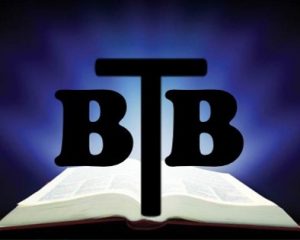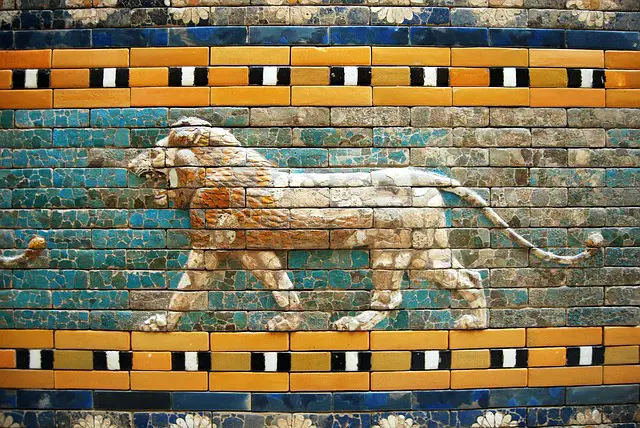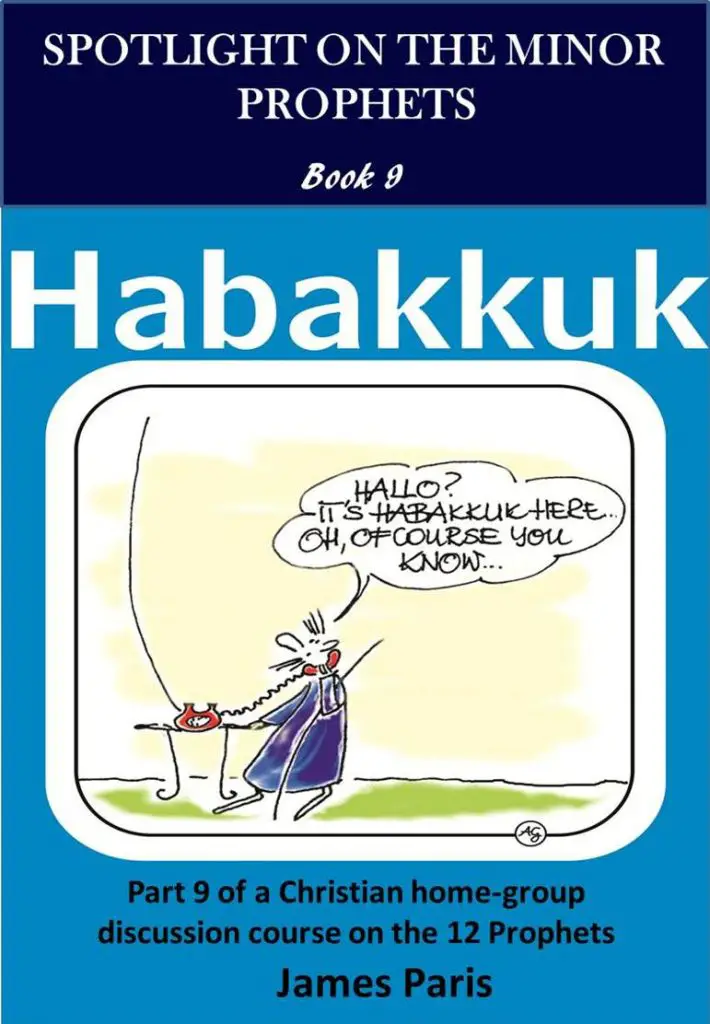Part of a group study on the 12 ‘Minor’ prophets of the Old Testament. This is a summary of the book of Habakkuk
Based around BC 610 after the fall of the Nineveh in 614, Habakkuk is the last of the Minor Prophets before the fall of Jerusalem to the Babylonian forces in BC 597.
Prophesied between the reigns of Josiah (died 609) and King Jehoahaz his successor.
Judah was in crises once more as the ‘good’ King Josiah was killed in battle with the Egyptians and Jehoahaz (the younger son) took up the reigns of power.
Unfortunately after only three months the Egyptians deposed him and removed him to Egypt, where he later died. He was replaced by the Egyptians with Jehoiakim; who once again led the nation down the slippery slope of idol worship by re-instating the temples and priests of Molech and Baal.
King Jehoiakim switched allegiances to the Babylonians after their victory over the Egyptians at the battle of Carchemish in 605 BC, however switched back again after only 3 years – bad move – this resulted in the siege and fall of Jerusalem to Nebuchadnezzar 11 of the Babylonians in 597 BC.
He was succeeded by his 18 year old son Jeconiah, who only reigned three months 10 days before being taken into captivity to Babylon, along with a number of other nobles and craftsmen.
Zedekiah is placed on the throne by the Nebuchadnezzar 11.
It is now only Ten years to the destruction of Jerusalem
Brief Summary:
- Habakkuk laments to the Lord the over the backslidden state of the Israelites
- God hears his cries and reassures Habakkuk that punishment is coming in the form of the Babylonians
- Habakkuk fears that the punishment might be greater than the nation can bear
- God assures him that restoration will come after repentance and once again they will be His people
Main Focus of his message – Judgement-Again!
- The coming destruction by the Babylonians, on the rebellious people of Judah. (1:5-11)
- Judgement on the Surrounding nations. (1:4-18)
- Restoration of the remnant. (3:12,13)
- Remember 4 R’s – Rebellion, retribution, repentance then restoration.
What’s in a name? Habakkuk means to “he clings to” or “embraces”.
Habakkuk has questions he needs answers to!!
Hab 1:1-4 READ
“The oracle which Habakkuk the prophet saw.
2 How long, O Lord, will I call for help,
And You will not hear?
I cry out to You, “Violence!”
Yet You do not save.
3 Why do You make me see iniquity,
And cause me to look on wickedness?
Yes, destruction and violence are before me;
Strife exists and contention arises.
4 Therefore the law is ignored
And justice is never upheld.
For the wicked surround the righteous;
Therefore justice comes out perverted.”
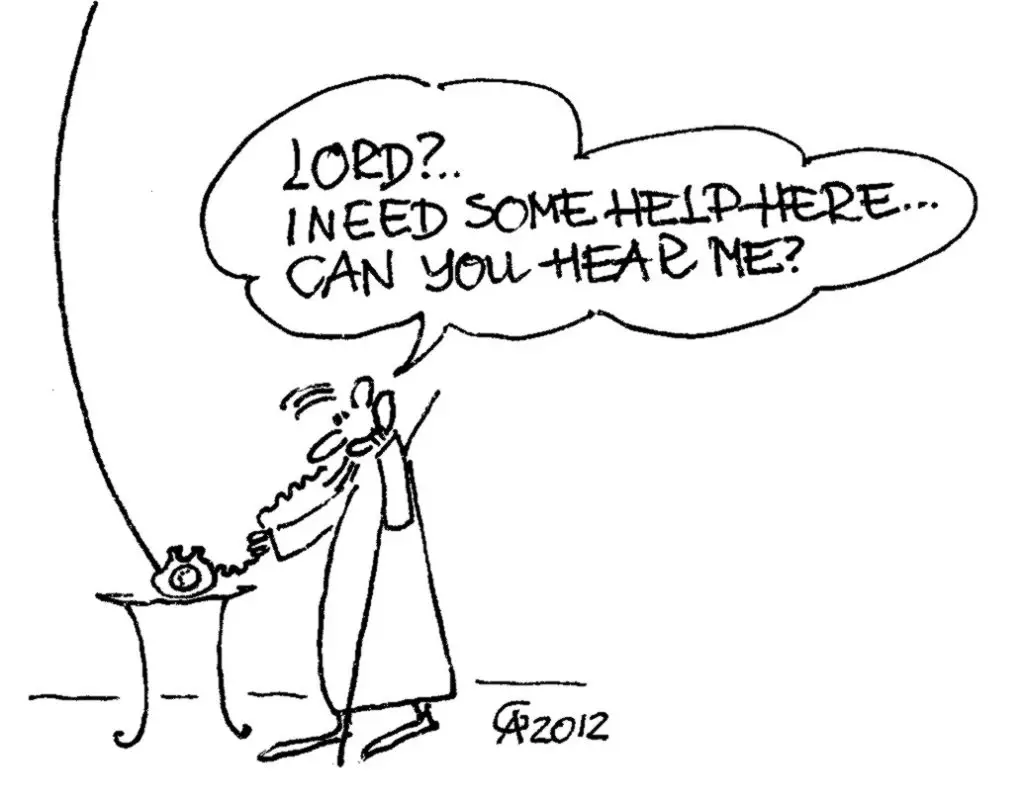
What makes Habakkuk unusual is that most prophesies God address’s the people through the Prophets, but here Habakkuk addresses God directly – no other prophet starts this way.
Habakkuk even dares to question the plans of The Lord to use the Babylonians to administer judgement on Judah, admitting a little concern or confusion over God’s plans. (1:13)
We all know about intercessory prayer – Habakkuk gives us an example of interrogatory prayer – where we ask questions of God …..Why do the wicked prosper?
Example: 1:13-14
“Why are You silent when the wicked swallow up
Those more righteous than they?
14 Why have You made men like the fish of the sea,
Like creeping things without a ruler over them?”
One of the most quotable books, it is full of ‘sound bites’ that most of us would recognise i.e. ‘The righteous will live by faith’ (2:4) the battle cry of the reformist movement. This was really picked up and carried along by Martin Luther, as he had sudden revelation from The Lord that it was faith and not works which counted as righteousness.
‘The Lord is in his holy temple let all the earth be silent before him”(2:20)
Hab 1:5 “I am doing something in your days……..”
“Though the fig tree should not blossom……….”(3:17-18) READ
“Though the fig tree should not blossom
And there be no fruit on the vines,
Though the yield of the olive should fail
And the fields produce no food,
Though the flock should be cut off from the fold
And there be no cattle in the stalls,
18 Yet I will exult in the Lord,
I will rejoice in the God of my salvation.”
This particular passage was most relevant as the Babylonians were notorious for their ‘scorched earth policy’ when they went to war they left no living thing in their path – killed man and beast, destroyed crops on the way.
After the Babylonian armies had passed through a land, there was nothing left but despair – or your belief that God was indeed still on the throne.
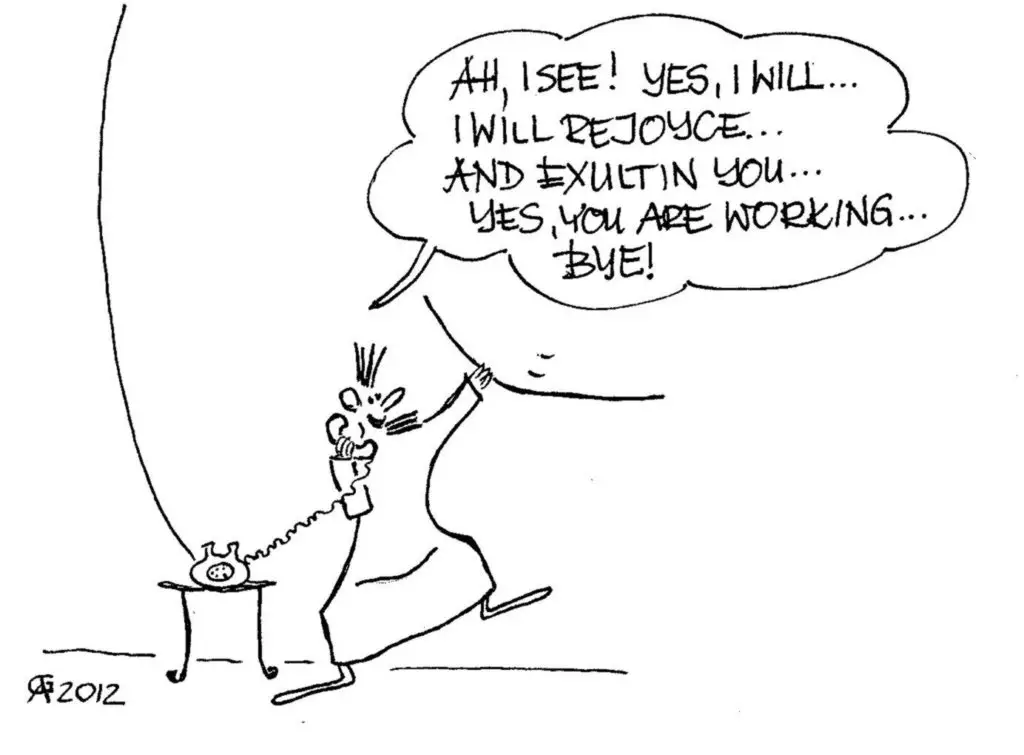
Relevance for Today
Apart from a lot of great sound bites – Honesty!
An example of supreme honesty before God, pretence is NOT acceptable practice.
Most of us, if we are honest, sort of skirt around any questions we have regarding The Lords desires or purposes. Often we really do not feel that ‘spiritual justice’ has been done, and yet we do not dare to question God about it.
Habakkuk however had no such concerns – why? Because he knew more than anyone that The Lord reads the heart, more than he listens to your voice sometimes.
In other words, we cannot hide our real feelings or questions from The Lord – no matter how we may hide them from other people.
In fact, it could be said that to try and hide your true feelings from God, is to lie to Him – perish the thought!
Important point however – we ask questions of God – we do NOT question him!
Questioning God is closely linked to unbelief – asking questions simply acknowledge our own confusion in relation to what we know about our God – that he is Righteous!
Only HE is omniscient – we cannot know everything.
He complains ……God answers…..worse is yet to come!! (ch1:6)
We may ask God things – sometimes we won’t like the answer!
Most Important thing – God DID answer Habakkuk.
Discussion point for the group:
Even in your own quiet time, do you find it difficult to confess your own feelings or doubts before The Lord, and if so, why?
